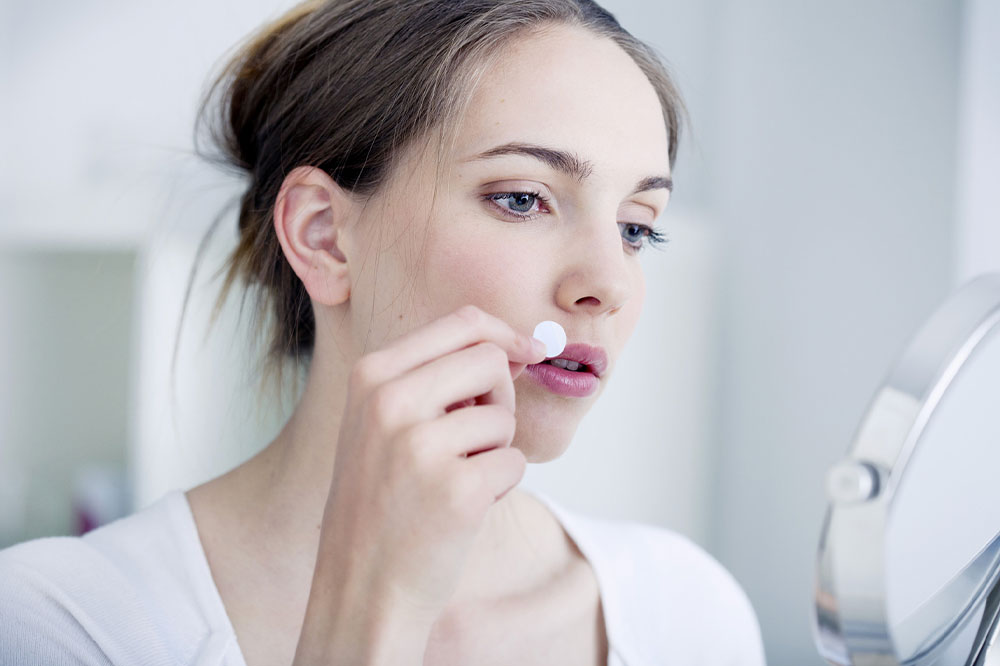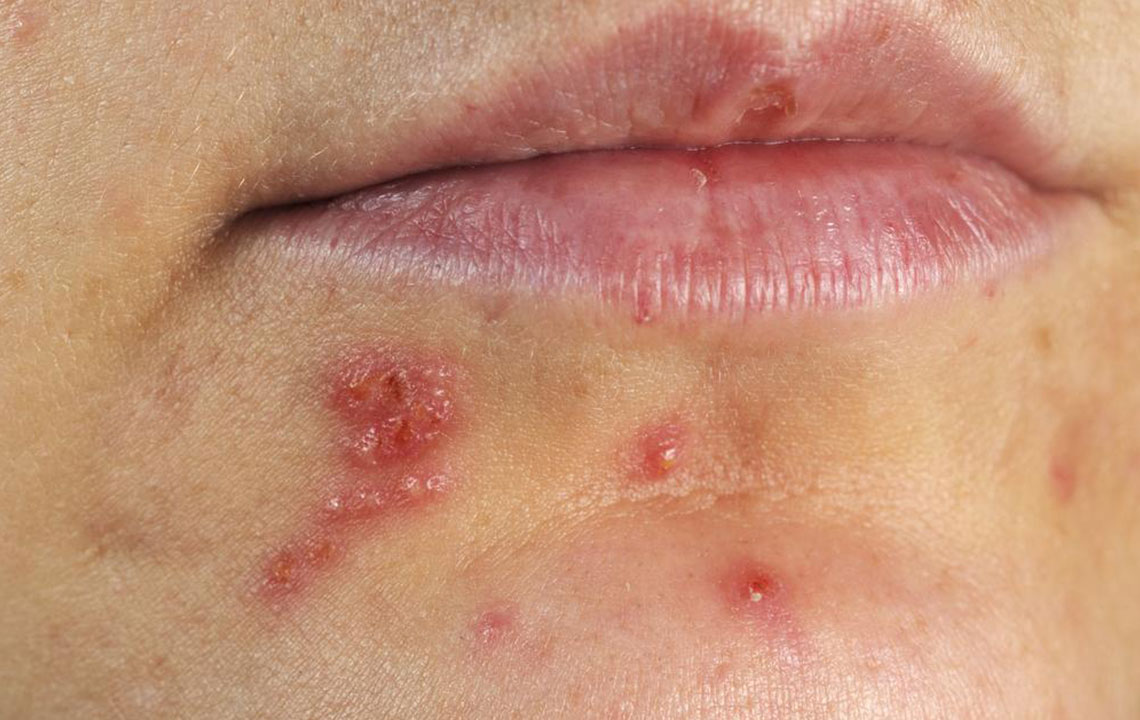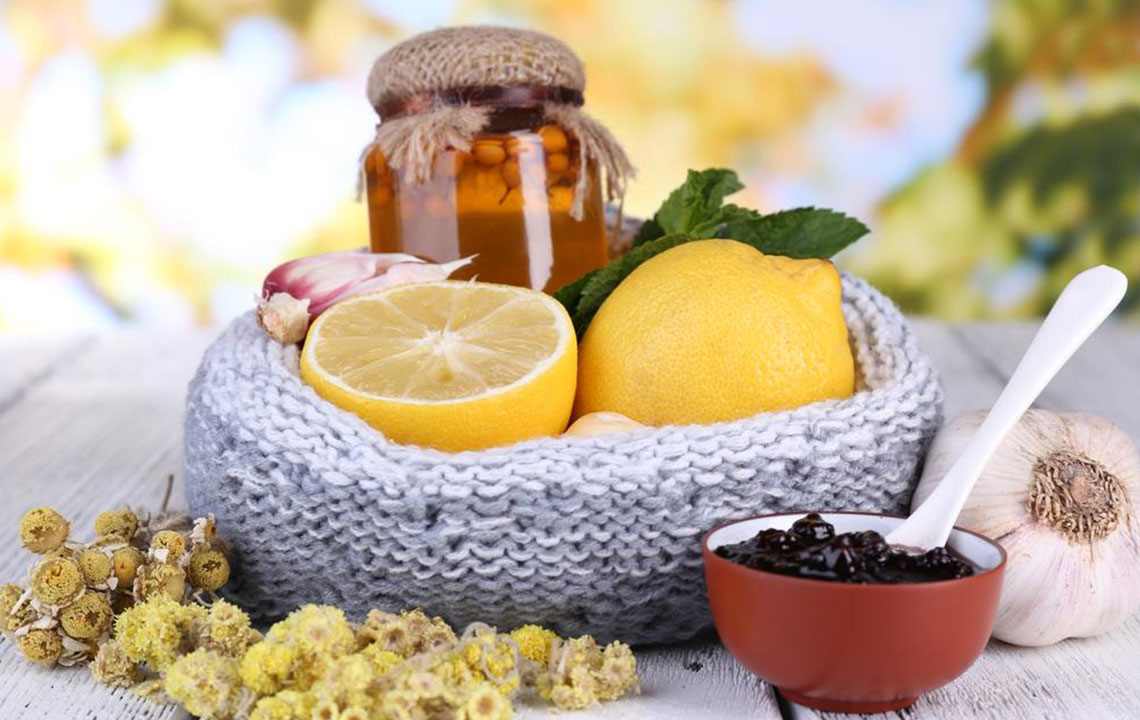Proven Strategies to Control and Prevent Herpes Outbreaks
Learn effective methods to control and prevent herpes outbreaks with a combination of medical treatments, natural remedies, and lifestyle adjustments. Discover how to manage symptoms, reduce outbreaks, and lower transmission risks through proven strategies and healthy habits.
Proven Strategies to Control and Prevent Herpes Outbreaks
Herpes is a common viral infection caused by the herpes simplex virus (HSV). After initial infection, the virus retreats into nerve cells, lying dormant until triggered by factors like stress or illness, leading to recurring symptoms. Symptoms typically appear within two weeks, often as painful sores in specific areas of the body. HSV spreads through direct contact with infected secretions, and both HSV-1 and HSV-2 are involved, with HSV-1 mainly causing oral symptoms and HSV-2 leading to genital outbreaks. The condition can cause cold sores, fever blisters, and other skin lesions that may persist for weeks or months.
What causes herpes?
Herpes results from the herpes simplex virus, which can be transmitted via contact with infected saliva or genital fluids. HSV-1 is more prevalent, causing oral herpes, while HSV-2 typically leads to genital herpes. Both types can produce symptoms like painful blisters and sores but can also spread silently without visible signs. Preventing transmission is difficult due to asymptomatic shedding.

Herpes can be managed through various treatments, including oral medications and topical ointments. Oral antivirals can reduce outbreak severity, but may cause side effects such as headaches, nausea, and fatigue. These medications are most effective when administered early but do not cure the virus. Topical creams help soothe sores and relieve pain but also may have side effects. Natural methods like dietary adjustments and lifestyle changes can support recovery—e.g., eating garlic rich in allicin to inhibit viral replication, increasing vitamin C intake to boost immunity, and applying cold compresses to soothe sores. Aloe vera gel and tea tree oil can also aid in symptom relief.
Preventive strategies are essential to reduce outbreaks. Consistent use of safe sex practices, avoiding sharing personal items, and maintaining good hygiene are crucial. Incorporating immune-boosting foods—like cinnamon, lemon juice, and olive oil—may also help lower risk. Managing stress through relaxation techniques and ensuring ample rest are vital, as stress can trigger outbreaks. While no cure exists, these approaches help control viral activity and minimize outbreaks, improving quality of life.










